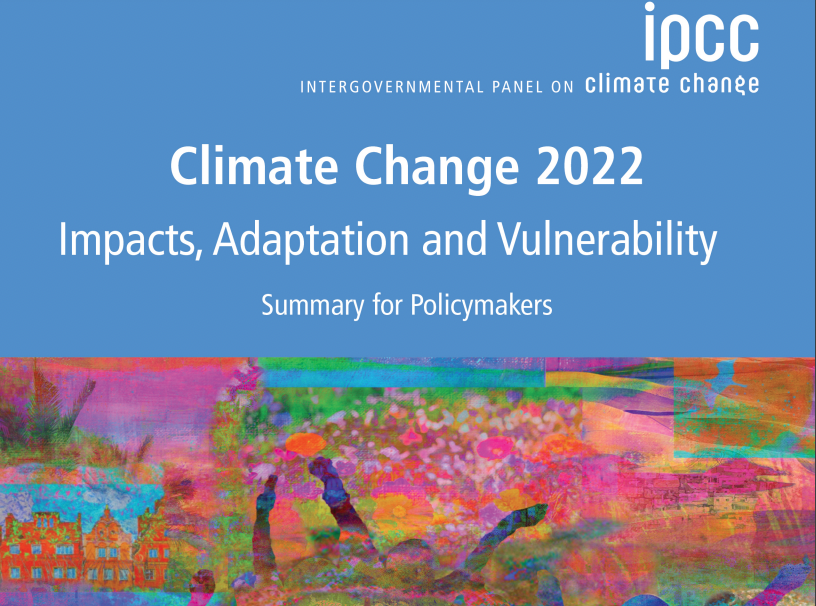The latest report from the Intergovernmental Panel on Climate Change (IPCC), issued in February, is full of flaws, says Roger Pielke, Jr., professor of environmental studies at the University of Colorado Boulder. The report, called Working Group 2 (or WG2), is supposed to focus on the “Impacts, Adaptation and Vulnerability” of a changing climate. Pielke writes:
“Regrettably, the IPCC WG2 has strayed far from its purpose to assess and evaluate the scientific literature, and has positioned itself much more as a cheerleader for emissions reductions and produced a report that supports such advocacy. “
And:
“The focus on emissions reductions is a major new orientation for WG2, which previously was focused exclusively on impacts, adaptation and vulnerability. The new focus on mitigation is explicit, with the IPCC WG2 noting that its focus ‘expands significantly from previous reports’ and now includes ‘the benefits of climate change mitigation and emissions reductions.’ This new emphasis on mitigation colors the entire report, which in places reads as if adaptation is secondary to mitigation or even impossible. . . .
“To illustrate with just one example (of many). The report concludes with high confidence that ‘flood risks and societal damages are projected to increase with every increment of global warming.’ This is simply not true. And by ‘not true’ I mean that it is not an accurate representation of the literature that WG2 cites to justify this claim. It is also empirically false, as vulnerability to floods has dramatically decreased even as the planet has warmed. However, such a claim is useful in advocating for mitigation actions.”


The decrease in flooding, at least in the link given, is about river flooding. That same report notes increased flooding in low coastal areas. Perhaps “other literature” deals with coastal flooding. On low lying coastal areas even the normal sea level rise for the past few centuries (about a foot (30.5 cm) a century can increase flooding. Especially true of areas with land subsidence (can be tectonic or from pumping water from subsurface). The other element that impacts coastal flooding and economic damage is heavy coastal development. In many parts of the US and the rest of the world high hazard zones are still adding density, thus setting the stage for more economic damage.